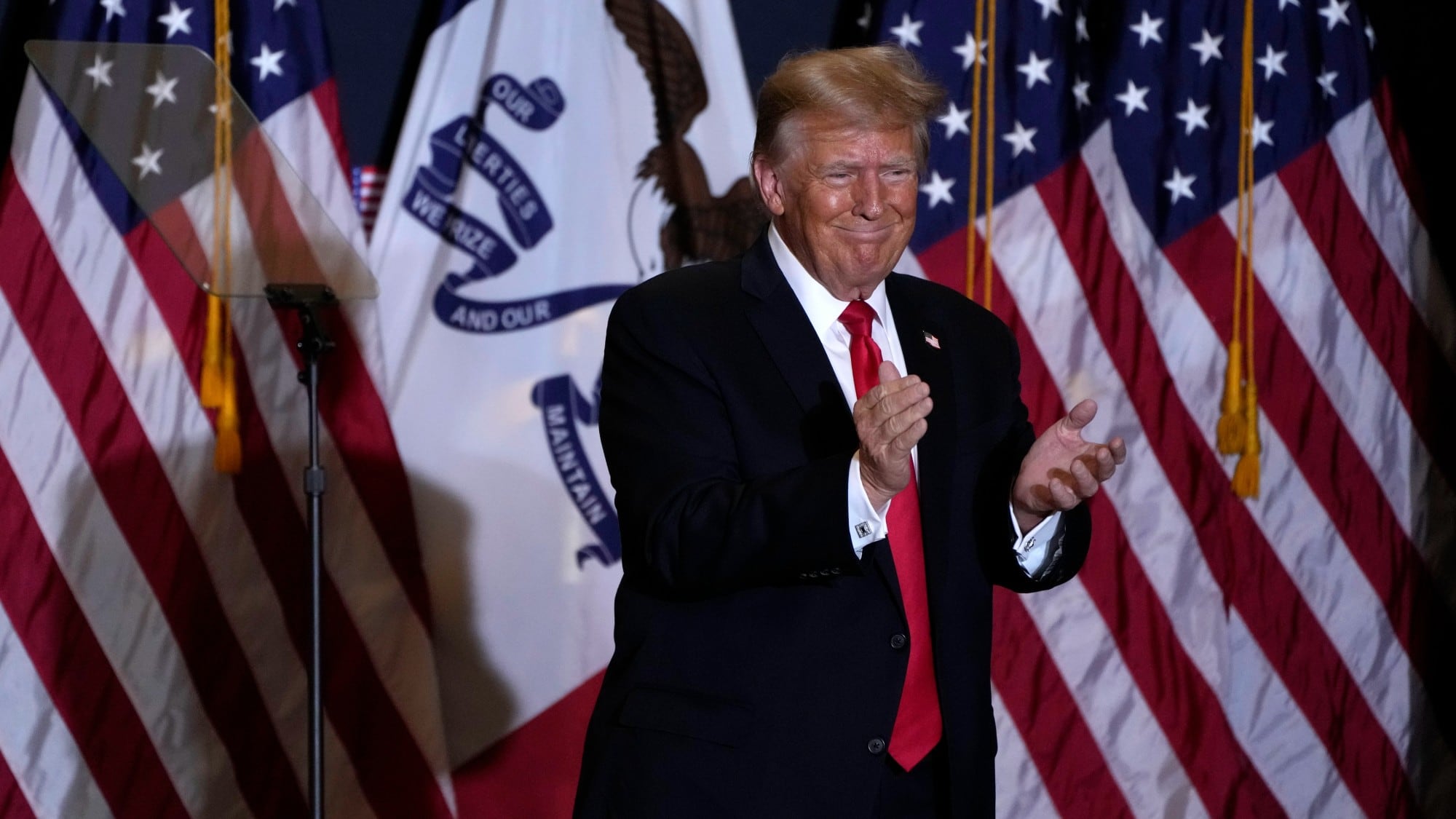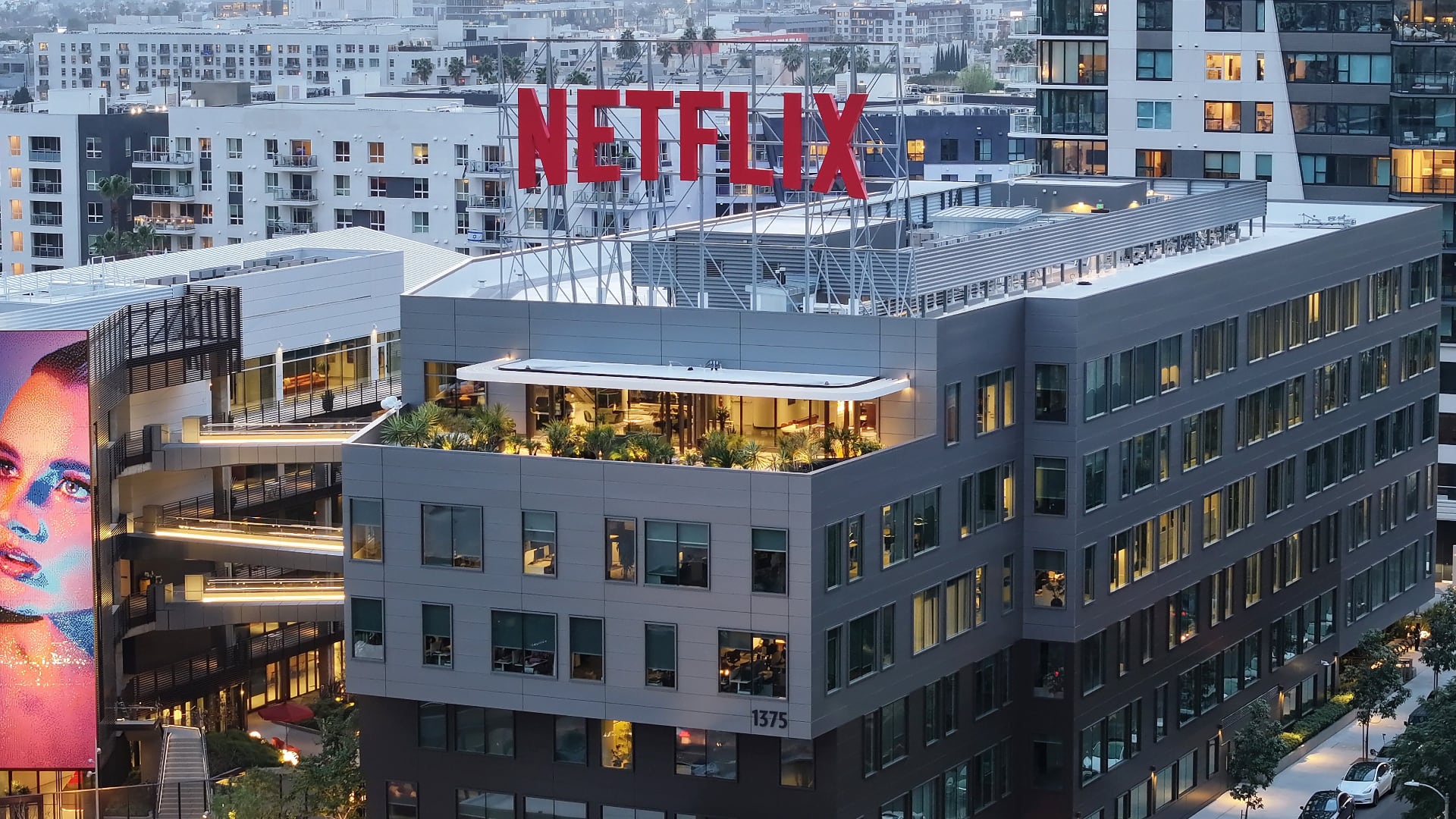By Mark Sherman
The Supreme Court said Friday that it will not immediately take up a plea by special counsel Jack Smith to rule on whether former President Donald Trump can be prosecuted for his actions to overturn the 2020 election results.
The issue will now be decided by the U.S. Court of Appeals for the District of Columbia Circuit, which has signaled it will act quickly to decide the case. Special counsel Jack Smith had cautioned that even a rapid appellate decision might not get to the Supreme Court in time for review and final word before the court’s traditional summer break.
Smith had pressed the Supreme Court to intervene over concerns that the legal fight over the issue could delay the start of Trump’s trial, now scheduled for March 4, beyond next year’s presidential election.
U.S. District Judge Tanya Chutkan has put the case on hold while Trump pursues his claim in higher courts that he is immune from prosecution. Chutkan raised the possibility of keeping the March date if the case promptly returns to her court.
She already has rejected the Trump team’s arguments that an ex-president could not be prosecuted over acts that fall within the official duties of the job.
“Former presidents enjoy no special conditions on their federal criminal liability,” Chutkan wrote in her Dec. 1 ruling. “Defendant may be subject to federal investigation, indictment, prosecution, conviction, and punishment for any criminal acts undertaken while in office.”
The Supreme Court separately has agreed to hear a case over the charge of obstruction of an official proceeding that has been brought against Trump as well as more than 300 of his supporters who stormed the Capitol on Jan. 6, 2021.
In the immunity case, Smith had tried to persuade the justices to take up the matter directly, bypassing the appeals court.
“This case presents a fundamental question at the heart of our democracy: whether a former president is absolutely immune from federal prosecution for crimes committed while in office or is constitutionally protected from federal prosecution when he has been impeached but not convicted before the criminal proceedings begin,” prosecutors wrote.
Underscoring the urgency for prosecutors in securing a quick resolution that can push the case forward, Smith and his team wrote: “It is of imperative public importance that respondent’s claims of immunity be resolved by this Court and that respondent’s trial proceed as promptly as possible if his claim of immunity is rejected.”
Justice Department policy prohibits the indictment of a sitting president. Though there’s no such bar against prosecution for a former commander-in-chief, lawyers for Trump say that he cannot be charged for actions that fell within his official duties as president — a claim that prosecutors have vigorously rejected.
Trump faces charges accusing him of working to overturn the results of the 2020 election he lost to Democrat Joe Biden before the violent riot by his supporters at the U.S. Capitol. He has denied any wrongdoing.
The high court still could act quickly once the appeals court issues its decision. A Supreme Court case usually lasts several months, but on rare occasions, the justices shift into high gear.
Nearly 50 years ago, the justices acted within two months of being asked to force President Richard Nixon to turn over Oval Office recordings in the Watergate scandal. The tapes were then used later in 1974 in the corruption prosecutions of Nixon’s former aides.
It took the high court just a few days to effectively decide the 2000 presidential election for Republican George W. Bush over Democrat Al Gore.









